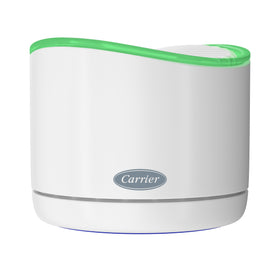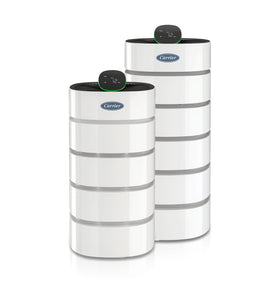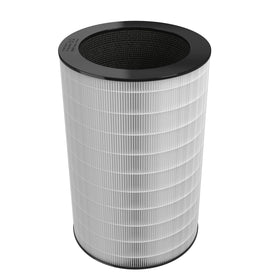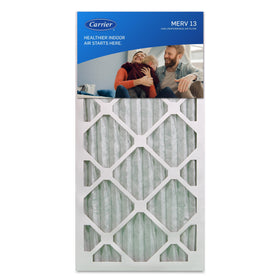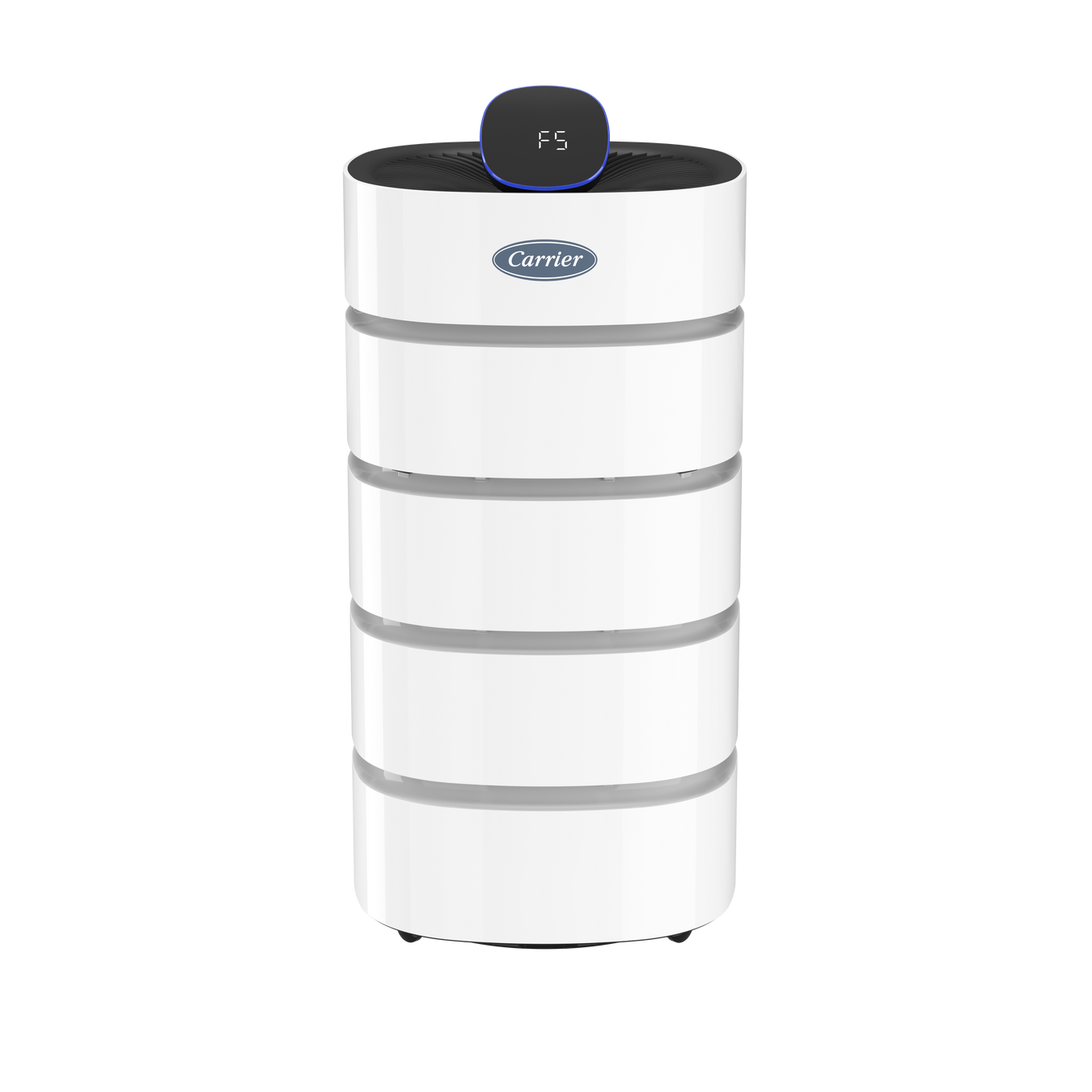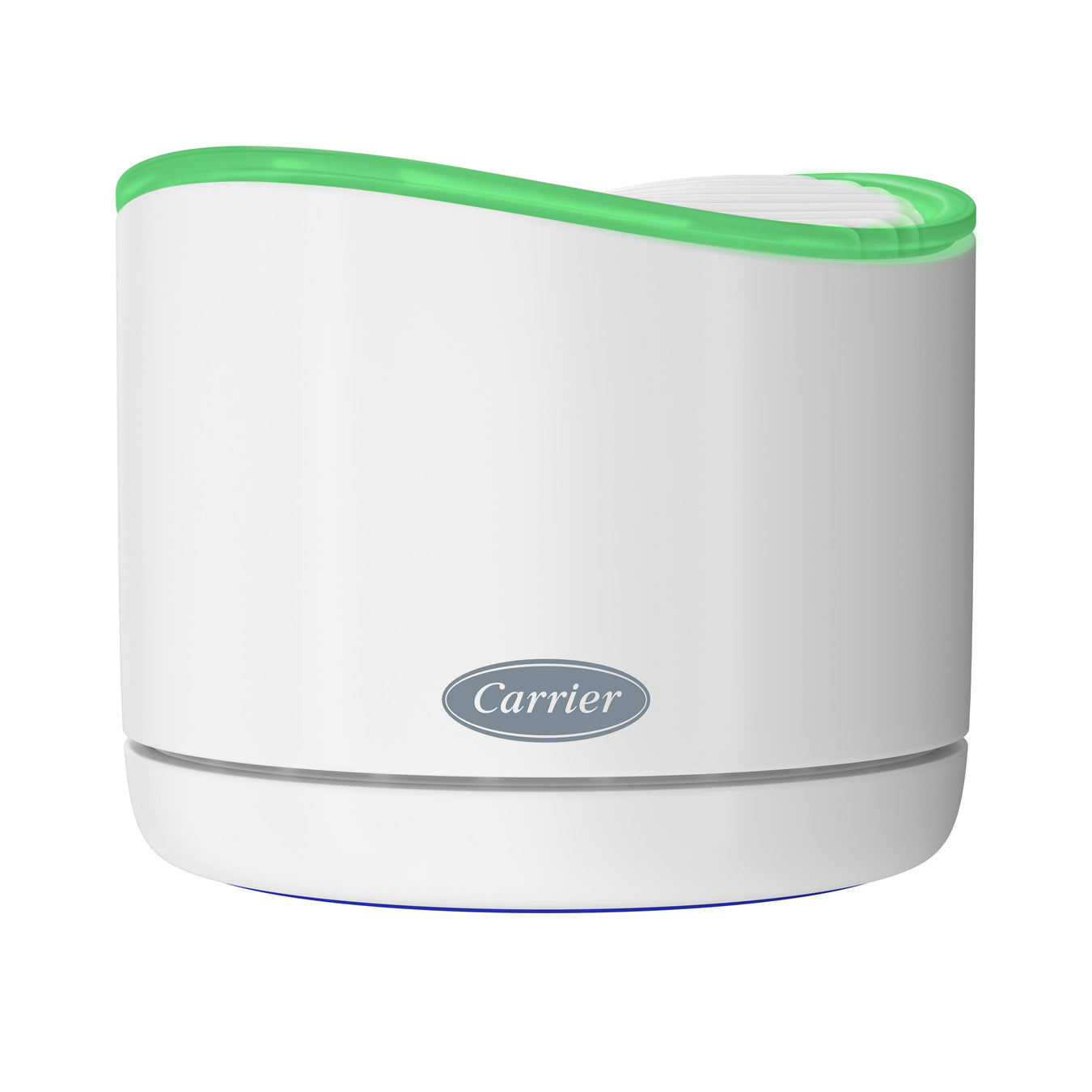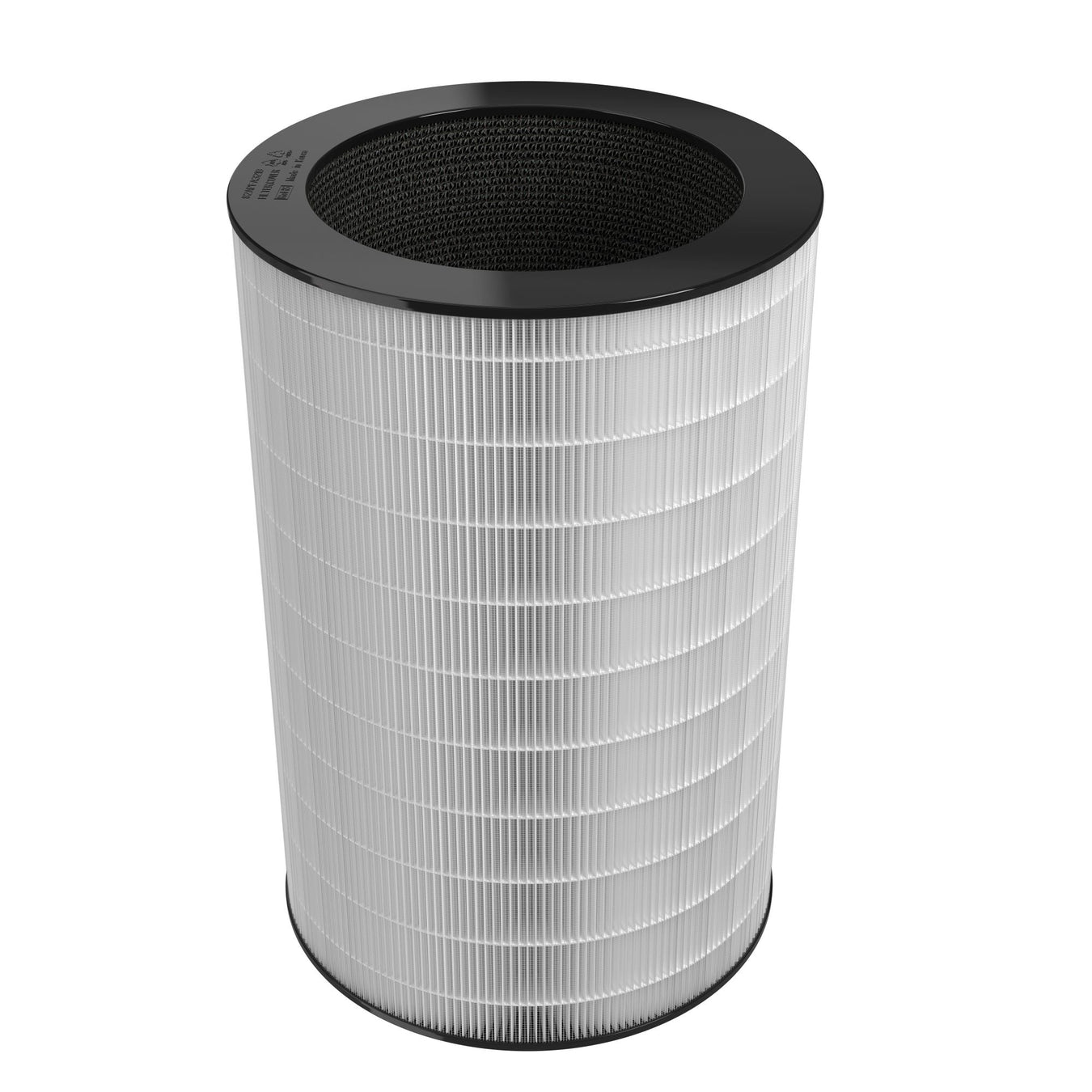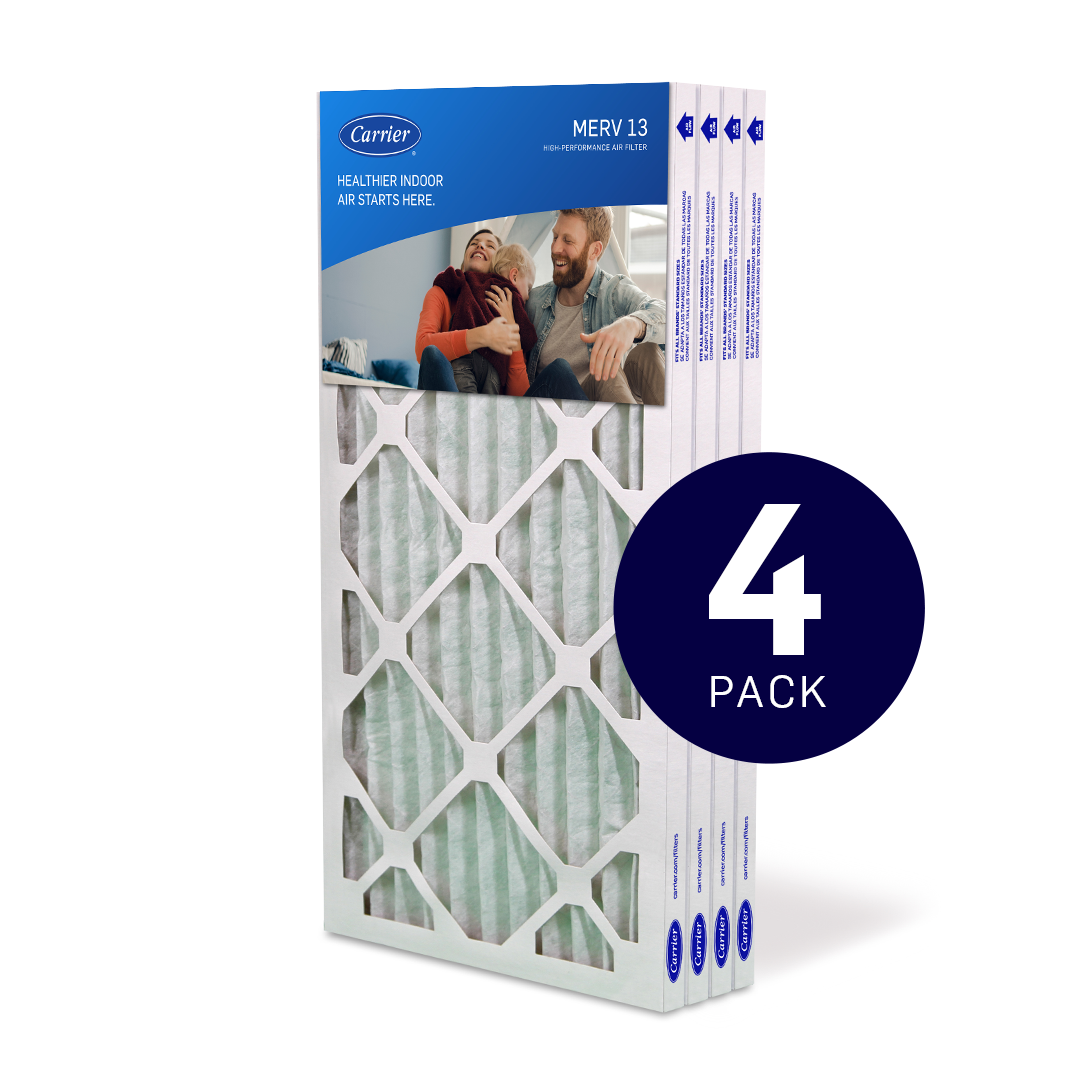
What Is a MERV Filter?
What is a MERV filter? Short for Minimum Efficiency Reporting Value, a MERV rating is a designation given to air filters to indicate how well the filter can handle various sizes of airborne particles found in homes. In general, the higher the MERV rating, the more particulate matter the filter can trap, but as we’ll see, that’s an oversimplification, as some higher MERV ratings can actually impede an HVAC system’s performance, if the system isn’t capable of handling the restricted airflow, and over time, this can lead to HVAC system repairs. The key, as we’ll discuss below, is to strike the right balance between an effective home air filter with the capabilities of your HVAC unit.
Created by the American Society of Heating, Refrigerating and Air Conditioning Engineers (ASHRAE), the MERV rating system was conceived in 1987 to help clear up confusion over which air filters were most effective at removing certain impurities from the air inside homes and office buildings. Because indoor air quality is extremely important, the MERV rating system provides a solid point of reference for consumers shopping for home and office air filters.
Operating on a scale from 1 to 16, MERV ratings correlate with the efficiency of air filtration provided. A MERV rating of 1-4, for instance, indicates that the filter is primarily capable of filtering out the largest particles, such as large fibers, pollen and other impurities. The higher the MERV rating, the smaller the particle it can efficiently filter. As the scale ascends to higher numbers, the filter is able to trap and reduce smaller particles from recirculating back into your home’s air such as fine dust, smoke and pet dander.
The key, as mentioned above, is to find a filter that will trap impurities without taxing your HVAC system. Learn more about Carrier brand MERV filters.

What Is a MERV 13 Filter?
When shopping for air filters for your home, it’s easy to get caught up in questions such as, “what is a MERV 13 filter” or “does this provide enough filtration for my needs?” In general, MERV 13 air filters are excellent at trapping everything from pollen, large dust particles, dust mite debris, mold spores, odor, most smoke, bacteria, virus carriers, and most pet dander. Specifically, filters with higher MERV ratings (such as MERV 13) can trap airborne particles in the 0.3 to 1.0 microns size range at up to 50% efficiency1.
In short, a filter with a minimum efficiency reporting value of 13 is well suited for trapping fine inhalable particles, which pose the greatest risk to health and are less than 2.5 microns (PM 2.5).2 Shop Carrier’s range of MERV 13 filters.
Is MERV 13 Too High?
When debating on which MERV filter to purchase, one question is crucial: “Can my HVAC unit handle it?” Many large home air conditioning units can, indeed, handle a MERV 13 rating, but there are tradeoffs to consider. If your A/C unit is on the smaller size, it will have to work much harder to keep air flowing through it properly when choosing a higher efficiency filter. MERV 13 rated air filters can remove small particles, but may not be appropriate for some homes, as they will force the HVAC system to work overtime and reduce airflow.
What Is a MERV 10 Filter?
You might also be asking yourself “what is a MERV 10 filter? For many homeowners, it can be a great middle ground when it comes to striking the proper balance between the abilities of everyday HVAC systems and the desire to filter small particulate matter from circulated air inside homes.
In general, MERV ratings of 10 can capture particles such as pollen, large dust particles, mold spores, dust mite debris, most smoke, bacteria, and most pet dander. These filters can trap airborne particles in the 1.0-3.0 microns size range at up to 50% efficiency1.
Shop Carrier MERV 10 filters.
What Is a MERV 8 Filter?
If you’re wondering, “what is a MERV 8 filter?” one good way to think of it is that it is a filter capable of trapping many large particles while minimizing impact to your HVAC system. It is an excellent choice for those that are looking for improved filtration over some of the low-cost, lower MERV rated air filters. MERV 8 air filters captures pollen, large dust particles, dust mite debris, mold spores, and most pet dander. They also trap airborne particles in the 3.0 to 10.0 microns size range at up to 70% efficiency1. Shop Carrier MERV 8 filters.
Which MERV Filter Is Right for You?
As you can see, the highest MERV rating is not necessarily the best choice for your home. Given that higher MERV ratings can cause certain HVAC systems to be overworked, which ultimately could cause damage to your system. With that said, the best recommendation might be to consult with your local Carrier expert. They can help determine the proper MERV rated filter for you and your HVAC system.
Carrier recommends that you check the included guidelines for your home’s HVAC system to see which filter rating is right for your family.
If you’re still wondering "What air filter MERV rating do I need?” be sure to visit the Carrier shop for more details.

Source: https://www.epa.gov/indoor-air-quality-iaq/what-merv-rating

